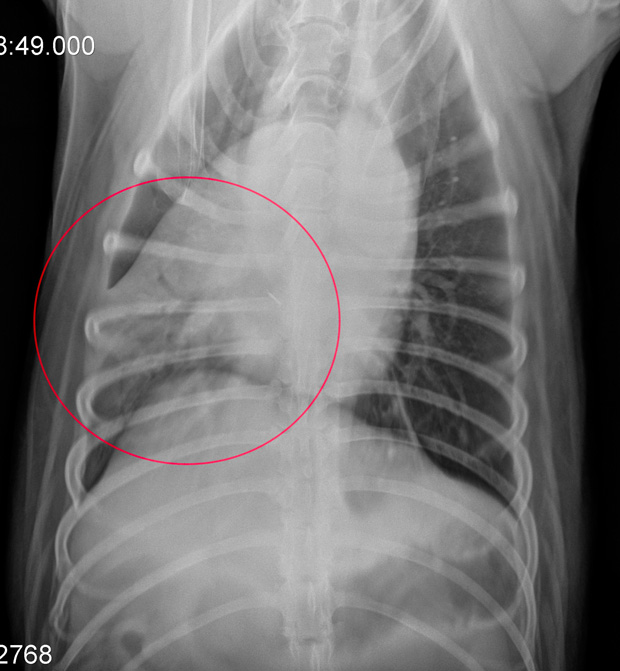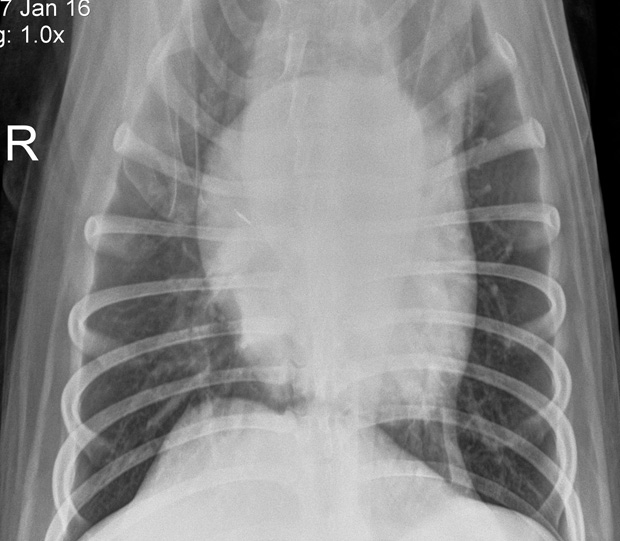
Photo by Igor Normann
Photos courtesy of Long Beach Animal Hospital (LBAH) unless otherwise noted
Kennel cough, medically known as infectious tracheobronchitis, is caused by several different bacteria, viruses and mycoplasmas. Sometimes, they are all present in what we call the canine infectious respiratory disease complex.
Bordetella bronchiseptica and the canine influenza virus (CIV- H3N8), which came to the U.S. in 2004, are the more common causes of infectious tracheobronchitis in dogs in Long Beach. This disease is found throughout the world and infects a high percentage of dogs at least once in their lifetime. Dogs of any age and breed are at risk, especially those that are older and younger, have weak immune systems, have other diseases already present, and are housed in close quarters with inadequate ventilation.
This disease is highly contagious and can infect dogs through coughing, sneezing, respiratory secretions and contamination. Most viruses begin shedding within two days after infection and may continue to shed for six to 10 days before viral load decreases. Bordetella bronchiseptica can survive in the environment for extended periods of time and can be shed from dogs that appear healthy because it has the ability to elude the immune system for weeks to months.

The area circled in red shows pneumonia in this dog’s lungs.

This is the same dog after treatment for pneumonia. The whitish area under the red circle in the previous radiograph is greatly diminished, and the dog is on its way to a full recovery.
The 2015 outbreak of the H3N2 virus strain, which originated from birds in Asia and spread rapidly from Chicago to the rest of the country, shows how fast viruses can mutate and how fast they can be spread. Symptoms range from a mild nasal discharge and an intermittent cough to severe and life-threatening pneumonia. Dogs commonly have a honking type of cough followed by gagging. To many people, it looks as if the dog has something stuck in its throat.
In mild cases, treatment consists of cough-suppressant medications and rest. More severe symptoms are treated with intravenous fluids, hospitalization and antibiotics. This is the more severe form of kennel cough, and it needs medication to prevent it from progressing further.
If your dog is exposed to other dogs at the dog park, at a kennel or a boarding facility, or when you go for a walk, the vaccine to prevent infectious tracheobronchitis is highly recommended.

